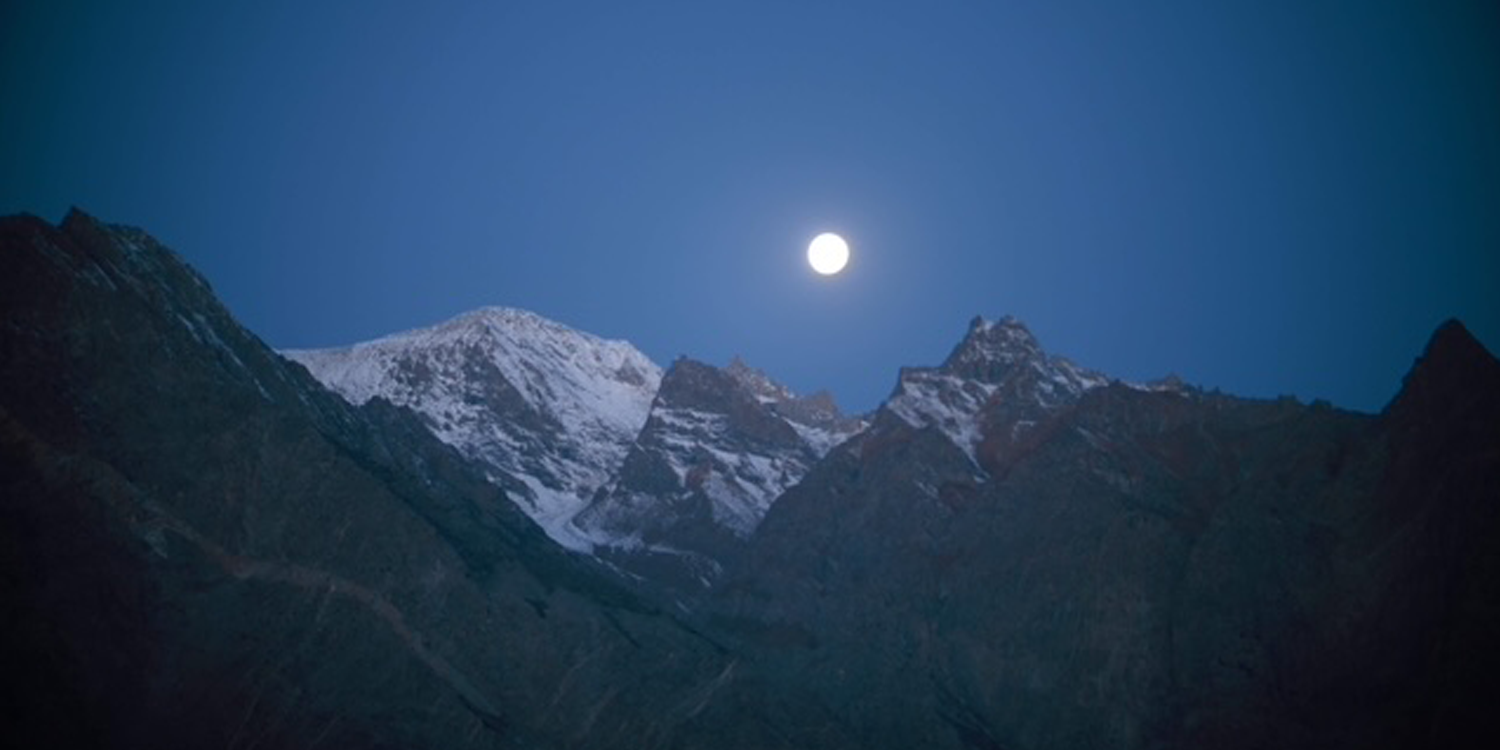
TOP 6 MYTHS AND TRUTHS ON WHY YOU CAN’T SLEEP ON A FULL MOON
Did you sleep well last night? No? Go ahead—blame the full moon. Whether you’re a unapologetic mystic or a cartesian “show me the scientific paper” type, there's growing evidence that a big, bright moon might be messing with your sleep.
The most common culprit? Light. Lunar glow sneaking through the window shields, suppressing melatonin and throwing off your circadian rhythm. Oh no close the curtains! Case closed? Not quite. The truth may be far more... lunar.

1. It's not just the light
A standout 2013 study from the University of Basel (yes, the Swiss know their sleep) tracked 33 volunteers over three years. In strict lab conditions—no windows, no moon in sight, and no clue what the study was about—participants took 5 minutes longer to fall asleep, slept 20 minutes less, and spent 30% less time in deep sleep on full moon nights.
Hard to put the blame on that moonlight alone. And let’s be honest: in a world of retina-searing phones and laptops, a little moonshine through your blinds feels quaint by comparison.

2. Our ancestors. Our evolution.
Horacio de la Iglesia, PhD, a biologist at the University of Washington, found that people consistently sleep less—and later—on the nights just before a full moon, when moonlight is strongest early in the evening. Sound familiar? That glow would've been perfect for a late-night forage, a moonlit hunt, or a little fireside storytelling.
In short: our ancestors made the most of the light. And like everything else that once kept us alive (fear, carbs, gossip), our bodies may still be wired for it. One study confirmed this pattern across both urban and rural communities in Argentina—regardless of access to electricity. Evolution, it seems, has a long memory.

3. What about tides?
Ah yes, the “we’re 60% water” argument. Tempting—but not scientifically satisfying. While lunar gravity does raise tides in the oceans, it barely nudges lakes or small seas. Human bodies? Not even close. Unless you're a blue whale, you can safely rule out gravity tides as the cause of your midnight tossing.

4. Or perhaps… something beside gravity?
Dr. de la Iglesia points to another potential player: the Earth's magnetic field. During a full moon, there may be subtle geomagnetic shifts—our planet’s way of shielding us from cosmic nonsense like solar winds. Though we’re still in the early days of understanding this, some studies suggest these magnetic fluctuations could mess with our cardiovascular system or disrupt melatonin levels.
Translation: your sleep might be getting scrambled by space weather. Delightful.

5. Circalunar rhythms?
Call us lunatics, but there’s a growing theory that humans might run on a circalunar rhythm—a ~29.5-day internal clock tied to the moon’s phases, like the ocean's tides or your favourite skincare cycle. Animals do it all the time: coral spawn in sync with the full moon, marine worms rise from the seafloor to mate, and even some birds migrate by lunar light.
In humans? The science is still catching up. But if you find yourself unusually wired or restless once a month, the moon may be more than a celestial accessory.

6. And let’s not forget: the mind is a powerful thing
Beyond science, there’s the psychological pull of the moon—woven deep into myth, story, and superstition. The full moon has long been associated with witches, werewolves, and women dancing barefoot in the forest. Ancient Cherokee tribes believed it was a time when dreams were more vivid. Emergency room nurses still swear by it.
So whether it’s lunar light, geomagnetism, or just centuries of lore nudging your subconscious awake—something about the full moon stirs us. Not everything has to be measurable to be real.
Sleep well. Or don’t. Just know that if you're staring at the ceiling at 3am next full moon, you’re in very old—and slightly wild—company.


Leave a comment
This site is protected by hCaptcha and the hCaptcha Privacy Policy and Terms of Service apply.